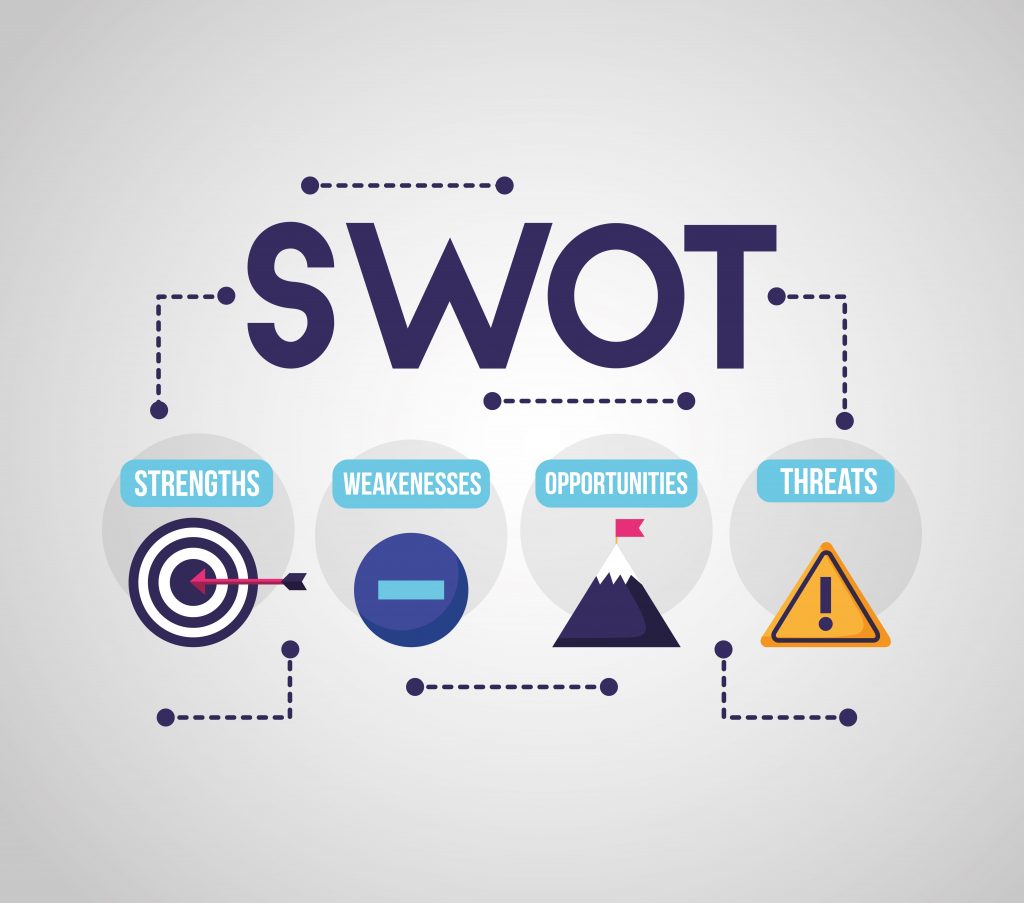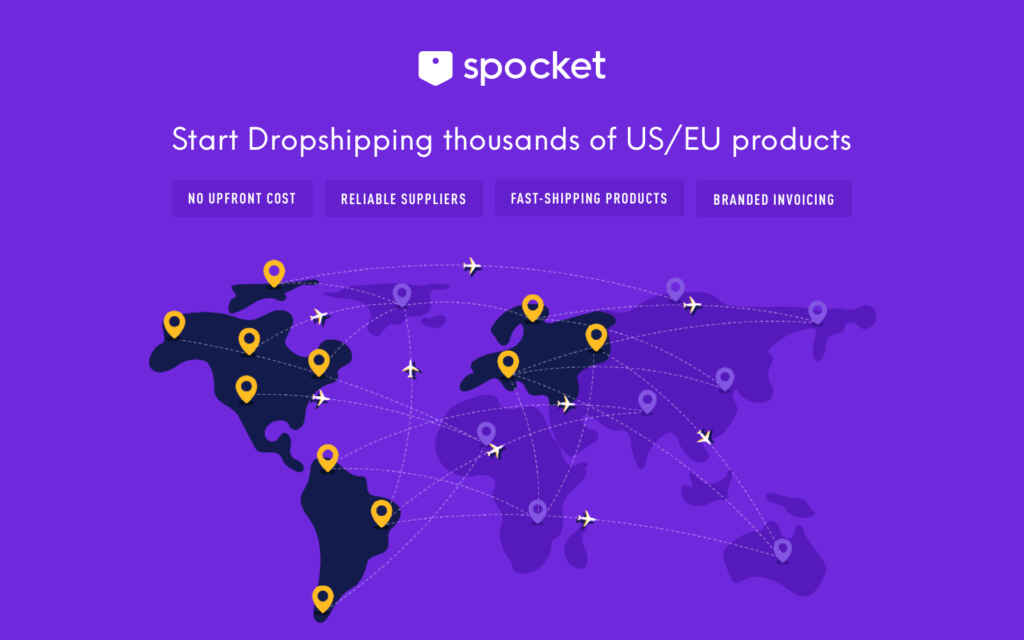
Hello!
Do you know that many potential entrepreneurs and people out there really struggle with identifying good business ideas?
Even more to that – do you know that business ideas are not necessarily business opportunities?
The business idea vs business opportunity topic could be for another day, since I don’t desire to attract an argument right at the beginning of this blog.
Principally, in this blog I want to remove the stress, uncertainty and frustration that you might face when trying to identify valuable business ideas, before you start considering whether these ideas could be translated into opportunities or not.
I’m simply giving you broad clues.
Below is my guide on how you can generate or identify business ideas.
1. The faster-cheaper-better-shorter-smaller-easier etc. approach. This a rather straightforward one. Many new enterprises today are hinged on this principle, and they are making good money. I mean GOOD MONEY!
As an example, these days we have miniature SSDs (solid state drives) storage mechanisms that replaced the humongous and annoying hard drives and tapes that used to be the norm.
Almost everyone would like to have something faster (at least not to dangerous levels), cheaper (except if you are irrational – or are faced with the kind of cheap that makes you run), better (unless you are simply clueless), smaller (unless big size helps your ego) etc.
I don’t care what industry you are in or you want to invest in. If you think along those lines you cannot fail to get a valuable business idea. Don’t you think so?
Gary Tan, Managing Partner of Initialized Capital argues that being the first is no longer attractive as it’s disadvantageous. You need to be clearly better, faster, or cheaper.
You could even think of a business idea that enables a shorter route to the market, by cutting out middlemen.
In all these the principle thing is that you are improving an existing idea, or adapting, complementing and reshaping something, or even modifying a supply and distribution line.
Of course, some people argue that faster, cheaper and better are no longer good enough and you need to go beyond these to what is scalable quickly and also environmentally friendly.
You can read this viewpoint in Gordon Tredgold’s article in the Inc. newsletter.
Doug Tedder also argues that faster, cheaper and better could be a curse, an alure and a threat to business. His thinking is that instead of focusing on improving, you should rather innovate.
These are all very good arguments – but do not eliminate the fact that very good business ideas to-date still come from this ‘improvement’ fundamental.
Isn’t this an easy approach to identify a valuable business idea? It’s up to you.
2. Market trends or gaps identified through market and competitor analysis. Whether you an entrepreneur or not, I don’t think you can fail to identify demand and supply gaps and other trends for some goods and services, in an area, industry etc.
These trends and gaps form another good dimension for identifying valuable business ideas.

Skye Schooley (a staff of Business.com) tells us more about market gaps and trends in her article.
Unmet needs of customers or the market are good clues.
Your business idea could also be aimed at solving a problem or creating a solution for a pain-point, frustration or removing hustles for people.
Who likes pain in this world? Come on! Just go ahead and identify some grossly irritating things that cause people more than enough pain, and capitalize on it.
As you bring smiles in the faces of folks you will also be smiling to the bank. Simple!
Competitor analysis could also open your eyes to new ideas you never dreamt about.
Catherine Cote, a marketing coordinator at Harvard Business School Online, also gives us some tips on how to identify an underserved market.
Candidly, you cannot fail to identify some brilliant business ideas with this approach, unless you are just damn lazy or being unreasonable.
Do you understand me?
3. General economic news including economic trends and updates. Another easy way to identify business ideas is simply keeping abreast with general economic news, updates and trend – both locally and globally.
I know that some folks like keeping it simple and safe – focusing only on their local environment, but if you have the guts to play it globally, why not?
By the way, you don’t need to be scared that such business ideas require big investments, simply because they are making big headlines. Some are cheap and simple enough.
Such general clues could be for example, economic sectors getting funding, a growing industry, seasonality dynamics, government programs involving investments in some sectors, changes in government or regulations, industry linkages (both forward and backward), etc.
Global trends such as technological advances, R&D, fading industries, underdeveloped industries and the like are also good leads.
A simple example is this. A government policy document or decision requiring expansion of affordable homes could lead to new businesses in the construction sector, aimed at that niche.
An agenda to increase rural electrification means increased demand for electrical supplies, and also electrical installation services over the coming years for those communities affected.
Again, a goal to reduce energy consumption in an effort to preserve the environment could trigger multiple ideas for new entrepreneurs.
Beyond the usual ways in which government policies impact business – through taxation, interest rate, consumer income, employment etc. – there are broader ways in which government decisions and economic trends can trigger new business ideas.
4. Challenges facing humanity including millennium and sustainable development goals. As an entrepreneur, you could also easily identify new business ideas by focusing on society’s or humanity’s pain points.
You might yap as to why you should be solving problems for humanity. I know some folks don’t pretty much care – but there is a silver lining in addressing society’s challenges.
The key challenges facing humanity in this age have given governments restless times. What is clear is that governments alone cannot fully address these challenges.
The private sector plays a big role – and this private sector comprises entrepreneurs like you.
The Millennium Development Goals (MDGs) and Sustainable Development Goals (SDGs) provide good clues. You never know you could even earn yourself some government support including grants in your enterprise – though your business is purely commercial.
The environment including conservation of energy and other resources; combatting poverty, hunger and disease; provision of shelter, water, food; providing access to education, information and knowledge – always provide good new business ideas.
Let me just advise you here. When you start an enterprise to address these issues, please do it with a clean heart and not to overexploit people.
You can still make reasonable profit and keep the society happy – not feeling exploited and robbed. They will bless you instead of cursing you.
5. Answer-the-public approaches. Now, this is again embarrassingly simple but this has led to so many global enterprises starting and doing business in this age. Don’t you agree with me?
Certainly, it’s another can’t-miss way to identify valuable business ideas.
The information age has provided endless business ideas and opportunities to folks of all kinds around the globe.
When I talk about answer-the-public approach I simply mean identifying the major interests of people through social media such as popular YouTube channels, podcasts, other blogs, product reviews, various social media channels etc. etc.
It could be Pinterest, Facebook, Reddit etc. Saige Driver explains more of this in her article published in Businessnewsdaily.
By the way, search engine optimization (SEO) marketing to some extent dwells on this principle. What are people most interested in?
You can actually leverage on this for a good business idea.
Moreover, social media if well utilized gets people involved and connected. This means that you could build a tribe following your products and services.
Can’t you see what the likes of Facebook, WhatsApp and Google have achieved with this?
So, please use social media in a smart way to generate interesting and valuable business ideas.
6. Delving into the future and the unknown. Now, for the creative and innovative minds, delving into the unknown is another good approach you can use to identify new business ideas.
In this approach you can leverage on perceived needs and also predicting the future. You could focus on disruptive innovation, experiencing something new, combining two to make one, and the like.
Various R&D, including common idea generation approaches such as brainstorming could lead to increased creativity and innovation.
Who could think several decades ago that human beings would one day be glued to smart phones?
I know that some folks at this stage are beginning to argue with me in their minds, saying this approach is not for common men, but is for the likes of Steve Jobs, Jeff Bezos, Bill Gates, Jack Ma, Sr. Richard Branson, Elon Musk and other high-profile renaissance minds and thought leaders.
Here is the shocking news! An article in cnbc.com emphasizes that innovation is a process of technological change, and not a noun.
In the above article Chin Moody argues that of the three ways we can think about innovation – changes in technology; changes in the market; and changes in institutions or the way technology gets to the market – around 80% of innovation occurs in that third segment, with existing technologies reaching existing markets in new ways.
This is interesting GOOD NEWS! It simply means that you and I can also make use of the creative parts of our brains to come up with something nice.
Come on! Don’t brush this aside. Ok?
Look at other approaches on how to derive creative business ideas in this Harvard Business School Online article.
Can we proceed?
7. Transformations in consumer, supplier, competitor relations, new distribution channels for existing businesses. An observant entrepreneur or potential entrepreneur also cannot fail to identify changes in suppler-competitor-distribution channel and other dynamics that create new opportunities.
As an example, you could form new partnerships and other opportunities for learning and sharing, that generate new business ideas.
Robert Tucker (the President of Innovation Resource) argues that you could even involve suppliers in your new product ideation. Additionally, you could seek ideas from new customer groups, involve customers in your ideation process or even engage them in creatively new ways.
My dear entrepreneur – you certainly have lots of options. Not so?
8. Internal strategic review (SWOT) for an operating business. This approach involves looking both inward and outward.
If you are already operating a business and you are searching for new ideas, a SWOT (Strengths, Weaknesses, Opportunities and Threats) analysis could guide you.
While strengths and weaknesses are internal to your business, opportunities and threats relate to the external environment of the business.

SWOT analysis can help you identify new business ideas and also opportunities, and this can be very valuable for you.
9. Personality issues such as your passion, mission and vision in life, profession, talents and skills etc. Aspects related to your personality are another easy way to identify valuable business ideas.
Of course, in life there are people who are rather rudderless, and really may not have a mission or vision in life.
The good thing with having a business that matches your passion, mission and vision in life, profession, talents and skills etc. is that you most likely will have staying power even when there are challenges.
Besides, your talents and skills already give you an advantage.
If you analyze your strengths, interests, talent, skills etc. you could come up with some interesting business ideas.
10. Abundance of unutilized resources in your area. Studying your environment including appreciating the resources around you is another key lead to business ideas.
Do you know that people travel the entire world for resources? Now, how about you that has abundant resources next door?
Don’t blame me if you are clueless on how to utilize those resources. Go ahead and make your consultations and experiments and before you can say Jack Robinson you will have a wonderful business idea.
By the way, don’t brush aside this piece of advice! Don’t pretend to be too smart. Ok? Whatever it is, look deeper and see how to capitalize on what is next door.
Deploy your creative entrepreneurial mind to action.
Take a look at the bamboo plant. Do you know that some people make $60,000 per year from bamboo plants? What happens if you increase your output? You have a business, and you could build a million-dollar business based on bamboo stems!
Again, take a look at this craft product from banana leaves.
You also don’t need to despise my examples of bamboo plant and banana leaves. If you have gold or diamond laced sediments or leaves – use that. Right?
The message is clear – search around you and get moving and exploring!
If you are an entrepreneur you don’t despise anything because you can utilize your creativity to bring out something good from nothing.
And now, the last lap. My point number eleven – and we call it a blog for today.
11. Deep, analytical and reflective thinking including common sense and gut feeling. Honestly, I don’t even think I should write about this.
I know the title of this blog is effortless ways to get business ideas, and now I’m tasking you to think deeply and in a reflective way.
Absolutely nothing to lose sleep about. Got it? I’m not telling you to charge up your brain or install there a higher capacity RAM (Random Access Memory) and try to follow the paths of Plato, Socrates, Aristotle, Confucius and the likes.
I’m also not asking you to go into everlasting meditation.
Just think and act! And I leave it right here!
In summary, there are many ways to identify valuable or useful business ideas. I’ve tried to categorize them above, but you could choose to follow another approach.
This is why I think that if you are serious in starting a business, you can never fail to zero down on some good idea. Just remember that not every idea translates into a business opportunity. You need to go the extra mile before you start burning your money.
Let us get your feedback in the comments section below.
Cheers!
Enjoy yourself – but take care and stay safe!
The Wise Entrepreneur
NB. Images Courtesy of:
- Pablo Arroyo on Unsplash
- Background vector created by tartila – www.freepik.com
- SWOT (Infographic vector) created by gstudioimagen – www.freepik.com
















